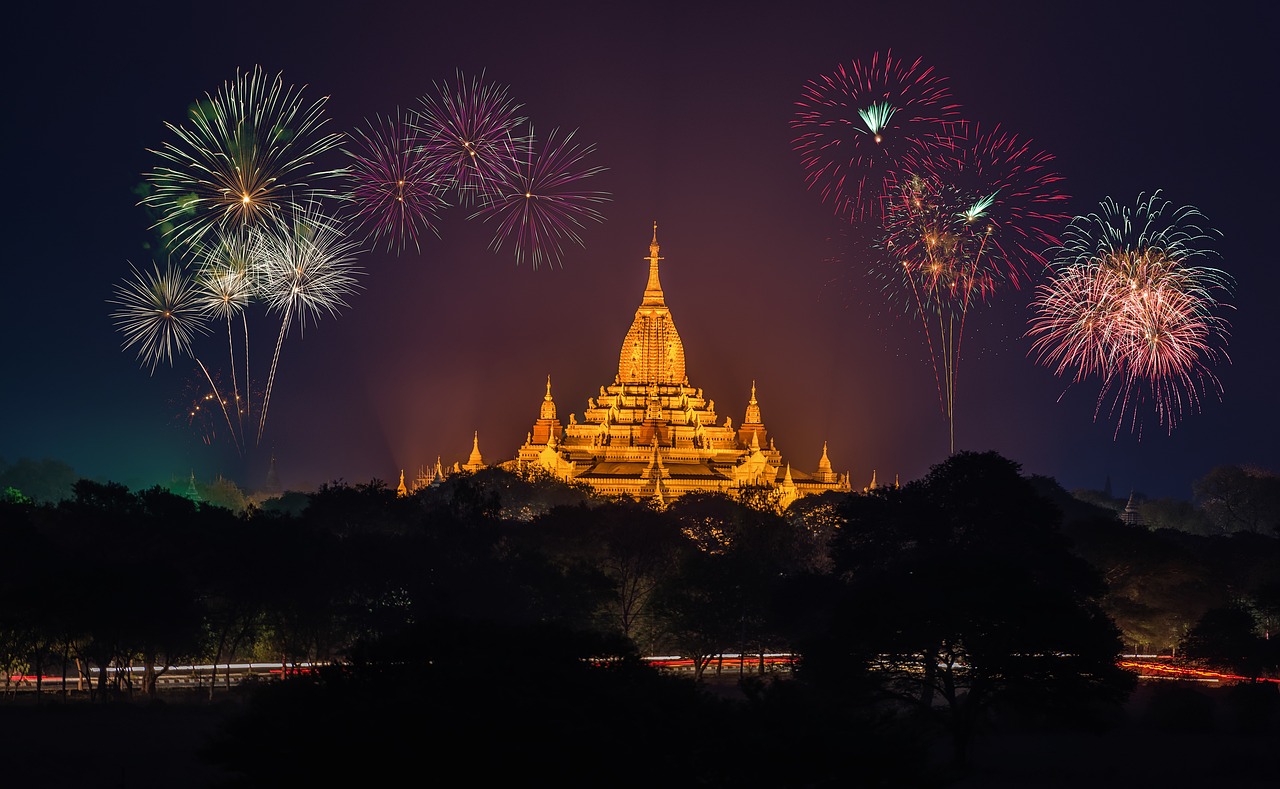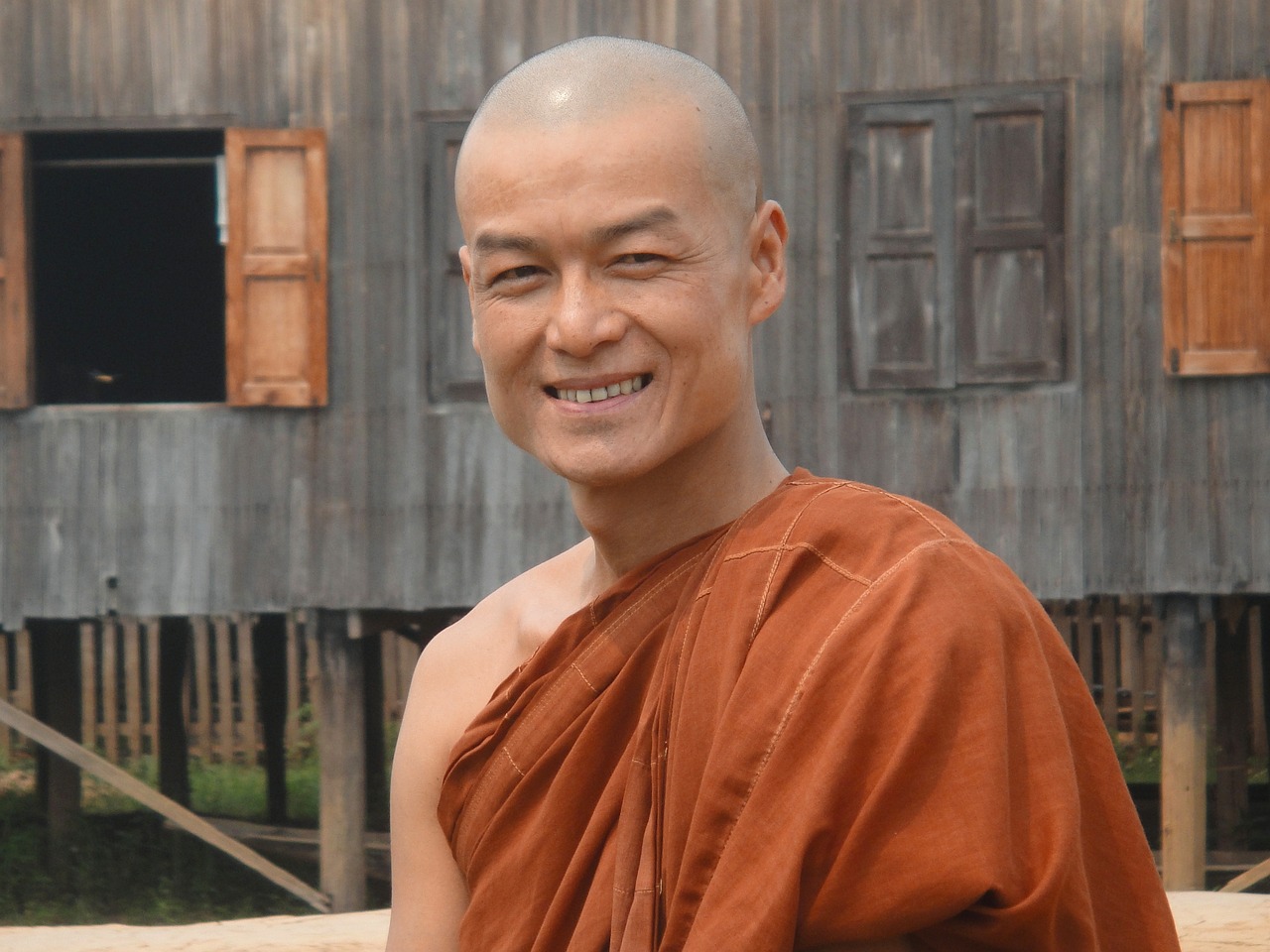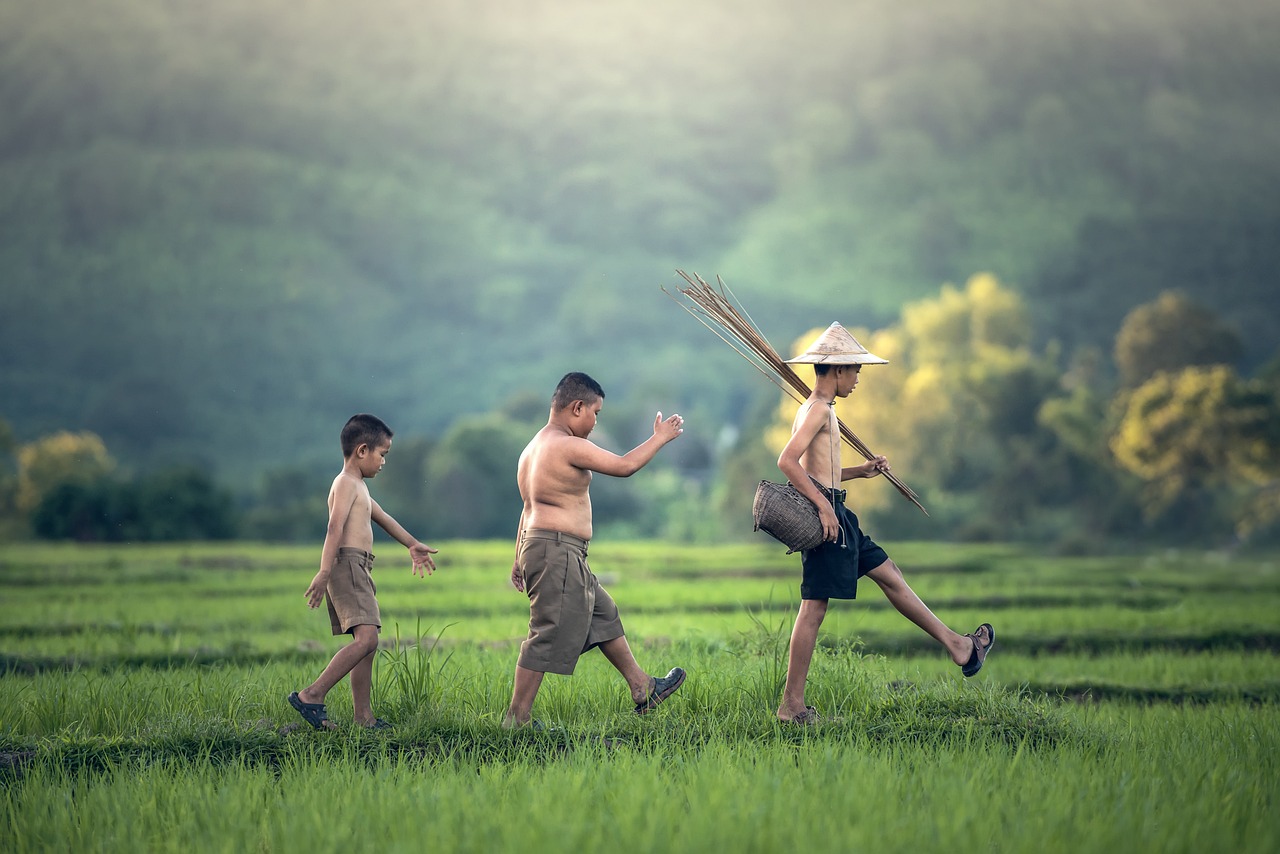Myanmar Video
Cost of Living in Myanmar: A Detailed Breakdown for Digital Nomads
Myanmar, formerly known as Burma, is a Southeast Asian country known for its rich history, diverse culture, and stunning landscapes. As a digital nomad considering Myanmar as your next destination, it’s essential to have a clear understanding of the cost of living to plan your budget effectively. This article provides a detailed breakdown of various aspects of the cost of living in Myanmar, including accommodation, transportation, food, entertainment, and more.
Accommodation
Finding suitable accommodation is crucial for digital nomads in Myanmar. Here are some options to consider:
- Hotels: Myanmar offers a range of hotels catering to different budgets and preferences. From luxury resorts to budget-friendly guesthouses, you can find options in major cities like Yangon, Mandalay, and Bagan.
- Apartments: Renting an apartment can be a cost-effective option for long-term stays. Yangon and Mandalay have a variety of furnished apartments available for rent. Websites like Myanmar Housing and iMyanmarHouse can help you find suitable options.
- Guesthouses: Guesthouses are a popular choice for budget-conscious digital nomads. These accommodations provide basic amenities at affordable rates, especially in tourist areas.
Myanmar Image 1:

Transportation
Getting around Myanmar can be an adventure in itself. Here are some transportation options to consider:
- Taxis: Taxis are available in major cities, but it’s important to negotiate the fare before getting in. Be aware that some taxis might not have meters, so it’s advisable to agree on a price beforehand.
- Rideshares: Ride-hailing services like Grab are available in Yangon and Mandalay, providing a convenient and reliable way to travel within the cities.
- Public Transportation: Buses and trains are the primary modes of public transportation in Myanmar. While buses are more common and affordable, trains offer a scenic way to explore the country.
Food
Myanmar’s cuisine is diverse and influenced by its neighboring countries. Here are some food-related points to consider:
- Local Delicacies: Don’t miss trying traditional Burmese dishes like Mohinga (rice noodle soup), Shan noodles, and tea leaf salad. These dishes can be found at local street stalls and restaurants.
- Restaurant Dining: Myanmar has a range of restaurants catering to different tastes and budgets. In major cities, you can find both local and international cuisines.
- Street Food: Street food is a popular and affordable option in Myanmar. You can enjoy delicious snacks and meals from street vendors throughout the country.
Entertainment
Exploring Myanmar’s cultural and recreational offerings is an essential part of the digital nomad experience. Here are some entertainment options to consider:
- Museums: Myanmar is home to several museums, including the National Museum in Yangon and the Bagan Archaeological Museum. These museums offer insights into the country’s history and cultural heritage.
- Shopping Malls: Major cities like Yangon and Mandalay have modern shopping malls where you can find both local and international brands.
- Parks and Lakes: Myanmar boasts beautiful parks and lakes, such as Inya Lake in Yangon and Kandawgyi Park in Mandalay. These serene spaces provide opportunities for relaxation and outdoor activities.
Myanmar Image 2:

Healthcare
Maintaining good health is crucial for digital nomads. Here’s what you need to know about healthcare in Myanmar:
- Hospitals and Clinics: Myanmar has both public and private healthcare facilities. While major cities have well-equipped private hospitals, rural areas may have limited healthcare options.
- Health Insurance: It’s highly recommended to have comprehensive health insurance that covers medical expenses in Myanmar. Ensure your insurance policy includes emergency medical evacuation if needed.
- Pharmacies: Pharmacies are widely available in Myanmar, even in remote areas. However, it’s advisable to carry essential medications with you, as specific brands may not be readily available.
Communication
Staying connected is vital for digital nomads. Here’s what you need to know about communication in Myanmar:
- Mobile Network: Myanmar has several mobile network providers offering prepaid SIM cards. The two main providers are MPT (Myanmar Posts and Telecommunications) and Ooredoo.
- Internet Connectivity: Major cities in Myanmar have reasonably good internet connectivity. However, in rural areas, the internet may be slower and less reliable.
- Wi-Fi: Many hotels, cafes, and restaurants offer free Wi-Fi, making it convenient to stay connected while working or exploring.
Conclusion
Myanmar offers a unique and affordable experience for digital nomads. From diverse accommodation options to delicious cuisine and captivating cultural attractions, Myanmar has much to offer. By understanding the cost of living and planning your budget accordingly, you can make the most of your time in this enchanting country.
Myanmar Image 3:

References
– Myanmar Housing: myanmarhousing.net
– iMyanmarHouse: imyanmarhouse.com
– National Museum, Yangon: nationalmuseumyangon.org
– Bagan Archaeological Museum: baganarchaeologicalmuseum.com


